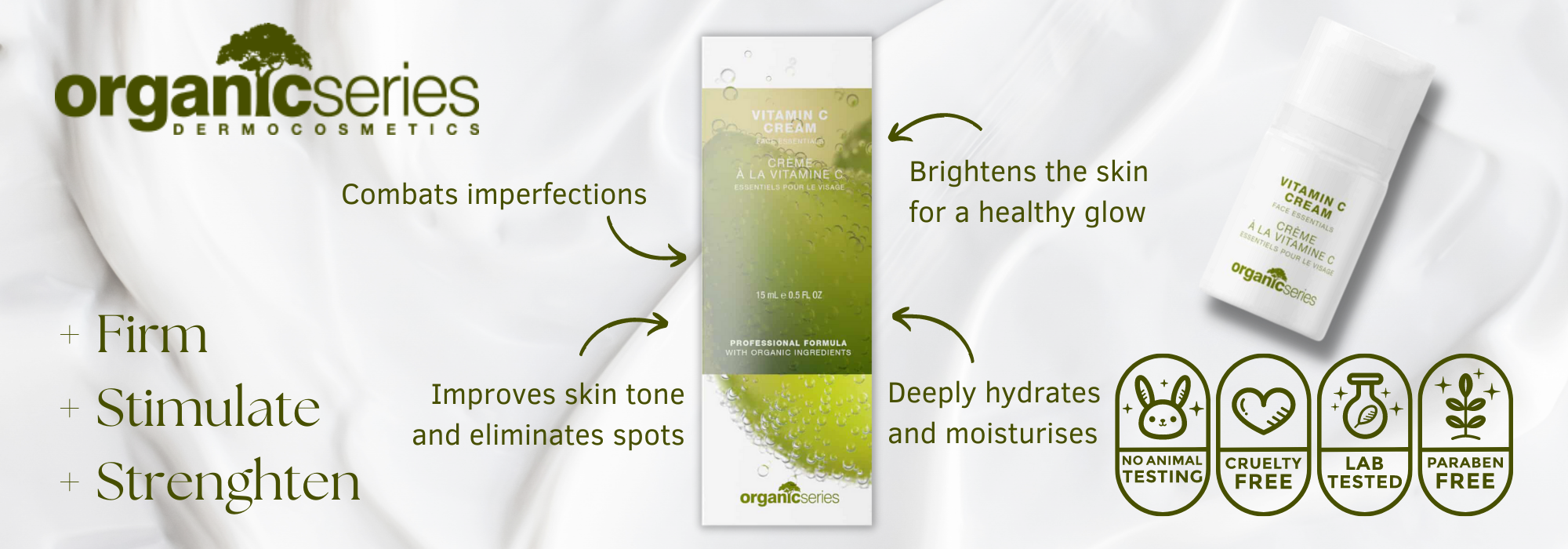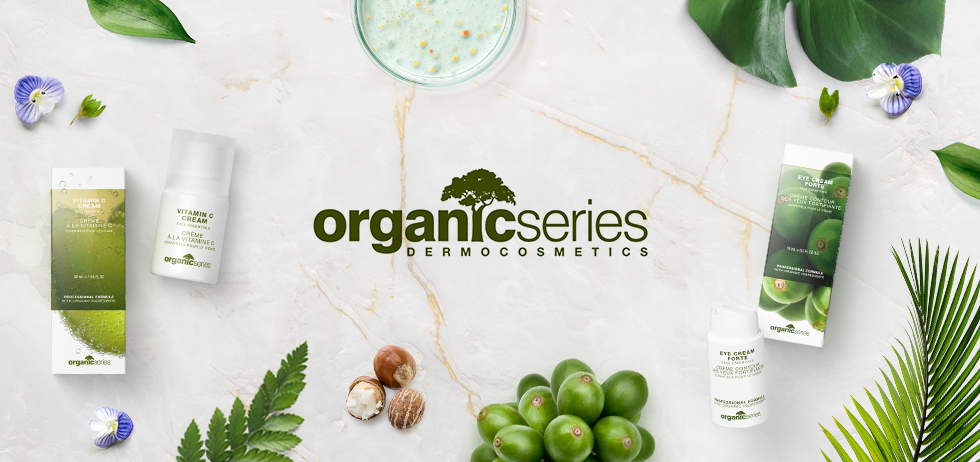Best face cream with vitamin C
The best face cream with vitamin C: Vitamin C is a powerhouse ingredient in skincare, known for its brightening properties, antioxidant protection, and ability to boost collagen production. However, finding the best face cream with vitamin C can be overwhelming due to the numerous options available. This guide will help you navigate the selection process to ensure you choose a product that delivers maximum benefits for your skin.
Step 1: Understand the Benefits of Vitamin C
Before selecting the best face cream with vitamin C, it’s essential to understand why this ingredient is so beneficial. Vitamin C helps to:
- Brighten skin tone by reducing hyperpigmentation and dark spots.
- Fight free radical damage, preventing premature aging caused by pollution and UV rays.
- Boost collagen production, improving skin elasticity and reducing fine lines.
A high-quality face cream with vitamin C will help you achieve radiant, youthful skin while protecting it from environmental aggressors.
Step 2: Choose the Right Type of Vitamin C
Not all forms of Vitamin C are created equal. Some of the most effective and stable types include:
- L-Ascorbic Acid – The most potent form, offering the best results but may cause sensitivity.
- Magnesium Ascorbyl Phosphate – A gentler alternative, suitable for sensitive skin.
- Sodium Ascorbyl Phosphate – Offers excellent stability and effectiveness in reducing acne and inflammation.
Look for a face cream with vitamin C that contains one of these forms for the best results.
Step 3: Check for Complementary Ingredients
For optimal results, your best face cream with vitamin C should include ingredients that enhance its benefits. Some key companions are:
- Vitamin E – Enhances antioxidant protection and improves hydration.
- Ferulic Acid – Stabilizes vitamin C, making it more effective.
- Hyaluronic Acid – Provides deep hydration and plumps the skin.
- Niacinamide – Reduces redness and improves skin barrier function.
These ingredients work synergistically with vitamin C to enhance its performance and provide additional skin benefits.
Step 4: Opt for the Right Concentration
The effectiveness of your face cream with vitamin C depends on its concentration. Here’s a general guide:
- 5-10% – Suitable for sensitive skin, providing mild brightening effects.
- 10-20% – Ideal for most skin types, offering significant anti-aging and brightening benefits.
- Above 20% – Powerful concentration but may cause irritation for sensitive skin.
Selecting the appropriate concentration ensures that you get the best results without causing unwanted side effects.
Step 5: Check for Stability and Packaging
Vitamin C is highly unstable and can degrade when exposed to light and air. To ensure longevity, choose a best face cream with vitamin C that comes in:
- Opaque, air-tight packaging to prevent oxidation.
- Pump dispensers or tubes instead of jars to limit air exposure.
- Dark glass bottles or containers to protect against UV light damage.
These factors help maintain the potency of the vitamin C in your face cream for longer-lasting effectiveness.
Step 6: Match It to Your Skin Type
Different formulations cater to specific skin types, so it’s crucial to pick a product that suits your needs:
- Dry Skin – Look for creams with added moisturizers like ceramides and shea butter.
- Oily Skin – Opt for lightweight, gel-based formulas that won’t clog pores.
- Sensitive Skin – Choose lower concentrations of vitamin C and fragrance-free formulas to prevent irritation.
Using a best face cream with vitamin C tailored to your skin type will maximize its effectiveness.
Step 7: Consider Brand Reputation and Reviews
With so many products on the market, it’s essential to check the credibility of the brand and read customer reviews. Look for:
- Clinical studies or dermatologist endorsements that support the product’s claims.
- Positive customer reviews that highlight real results.
- Transparency in ingredient sourcing and formulation.
A well-reviewed face cream with vitamin C from a reputable brand ensures you get a high-quality product that delivers results.
Step 8: Test and Incorporate It into Your Routine
Once you find the best face cream with vitamin C, introduce it gradually into your skincare routine:
- Patch test first to check for any allergic reactions.
- Apply once daily, preferably in the morning, followed by sunscreen.
- Monitor your skin for improvements or any signs of irritation.
Using your vitamin C face cream consistently will help you achieve glowing, healthy skin over time.
Conclusion
Finding the best face cream with vitamin C requires careful consideration of the formulation, ingredients, and your skin type. By following these eight steps, you can select a high-quality product that brightens, hydrates, and protects your skin. Start incorporating vitamin C into your routine today and experience the benefits of radiant, youthful-looking skin!
What is vitamin C?

The best face cream with vitamin C: Vitamin C is a naturally occurring antioxidant that helps to protect your skin from free radical damage. It’s responsible for helping your body produce collagen, which gives you firmer and smoother skin, as well as giving it an even tone.
Vitamin C can also help reduce inflammation and discoloration while improving the overall health of your skin. It’s even known to help reduce signs of aging like fine lines, wrinkles, and sagging skin.
What are the forms of vitamin c used in cosmetics?
The best face cream with vitamin C: When it comes to skincare, you’ll find vitamin C in three main forms: ascorbic acid, magnesium ascorbyl phosphate, ascorbyl glucoside and tetrahexyldecyl ascorbate. Each form has its own unique benefits so choosing the right one is essential.
Ascorbic acid is the most popular form of vitamin C and is often used in high concentrations for maximum antioxidant effects. It’s also the most unstable form of vitamin C and can easily degrade when exposed to sunlight or air.
Magnesium ascorbyl phosphate is a water-soluble vitamin C derivative that gives the skin a boost of hydration while helping to reduce inflammation. This form of vitamin C won’t degrade as easily and can be mixed with other skincare products without affecting its potency.
Tetrahexyldecyl ascorbate is a lipid-soluble form of vitamin C that helps to protect the skin’s natural barrier, making it an excellent choice for those with dry skin. It’s also more stable than ascorbic acid, meaning it won’t lose its potency when exposed to air or light.
Ascorbyl glucoside is a form of stable vitamin C that’s gentle enough to be used on sensitive skin. It helps to smooth out the texture of your skin while also brightening its appearance.
Which vitamin c form is best for your skin?

The best face cream with vitamin C: When it comes to choosing the best form of vitamin C for your skin, it really depends on your skin type and concerns. If you have sensitive skin, ascorbyl glucoside is the way to go, while those with combination or oily skin may find that magnesium ascorbyl phosphate suits them better.
If you’re looking for a powerful antioxidant boost, ascorbic acid is the way to go but not every formulation actually allows the vitamin c to penetrate into your skin. It’s also worth noting that some products may combine multiple forms of vitamin C for even better results.
What other ingredients to look for in the best face cream with vitamin c?
The best face cream with vitamin C: The best face cream with vitamin C should also contain other ingredients to help boost their efficacy. Hyaluronic acid helps to hydrate and plump the skin while peptides can help reduce the appearance of wrinkles. You’ll also want to look for natural oils like avocado or almond oil which will provide your skin with essential fatty acids, as well as antioxidants like green tea extract or vitamin E which can help fight off environmental damage.
Some of the best ingredients that work synergistically with vitamin c is niacinamide, ferulic acid, and peptides. Niacinamide helps to brighten the skin while also reducing inflammation, while ferulic acid helps to protect the skin from air pollution. Peptides can help to increase collagen production which plumps up the skin and reduces wrinkles.
It’s important to always read the ingredient list of any product to ensure it contains what you want and nothing you don’t. With the right combination of ingredients, you can protect your skin from free radical damage while also improving its overall health and appearance.
How to use the best face cream with vitamin c?
The best face cream with vitamin C: Using a vitamin C cream is easy and can be incorporated into your existing skincare routine. Start by cleansing your skin with a gentle cleanser. Then, take a pea-sized amount of the cream in your hands and warm it up before applying to your face, neck, and décolletage. Gently massage the cream into your skin and allow it to absorb for a few minutes before applying makeup or sunscreen if needed.
It’s best to use the cream every morning and night for maximum benefits. You can also layer it with other serums or moisturisers if desired, but make sure you wait a few minutes between applications so that your skin can absorb each product properly. With regular and consistent use, you should start to see visible results within a few weeks.
By regularly incorporating a vitamin C cream into your skincare routine, you can expect to see brighter, smoother, and healthier looking skin. With consistent use, you’ll be able to reduce the appearance of wrinkles while locking in moisture for a softer and more hydrated complexion. Choose the right form based on your skin type and concerns and you’ll be on your way to glowing skin in no time!
Expert recommendation for The Best Face Cream with Vitamin C

Our Organic Vitamin C Cream improves skin tone, effectively and naturally combating any imperfections, while ensuring great hydration, improving overall skin condition. The cream will brighten up the skin in a multi-faceted way. Our new formula of vitamin C, releases on contact with the skin, preventing premature oxidation. Allows for absorbing the ingredients deeper into the skin layers with amazing results. The addition of oils and emollients helps to maintain the skin’s hydration levels, eliminating irritation and rebuilding the epidermal hydro-lipid layer. Increases the synthesis of the basic structural components of the skin for long-lasting hydration.
More inspiration
Follow Organic Series UK on instagram and facebook for more inspiration, expert tips and special discount codes!



